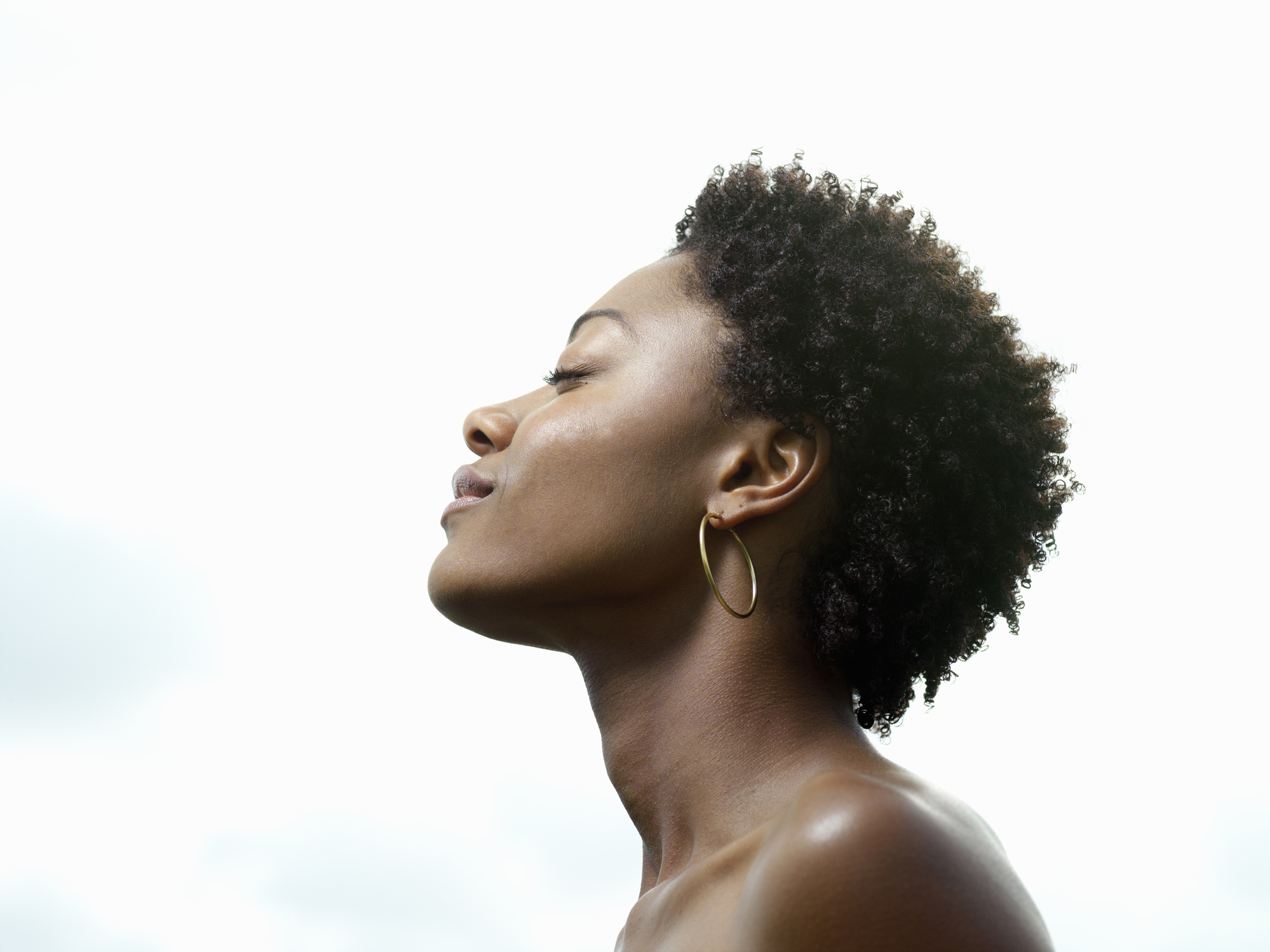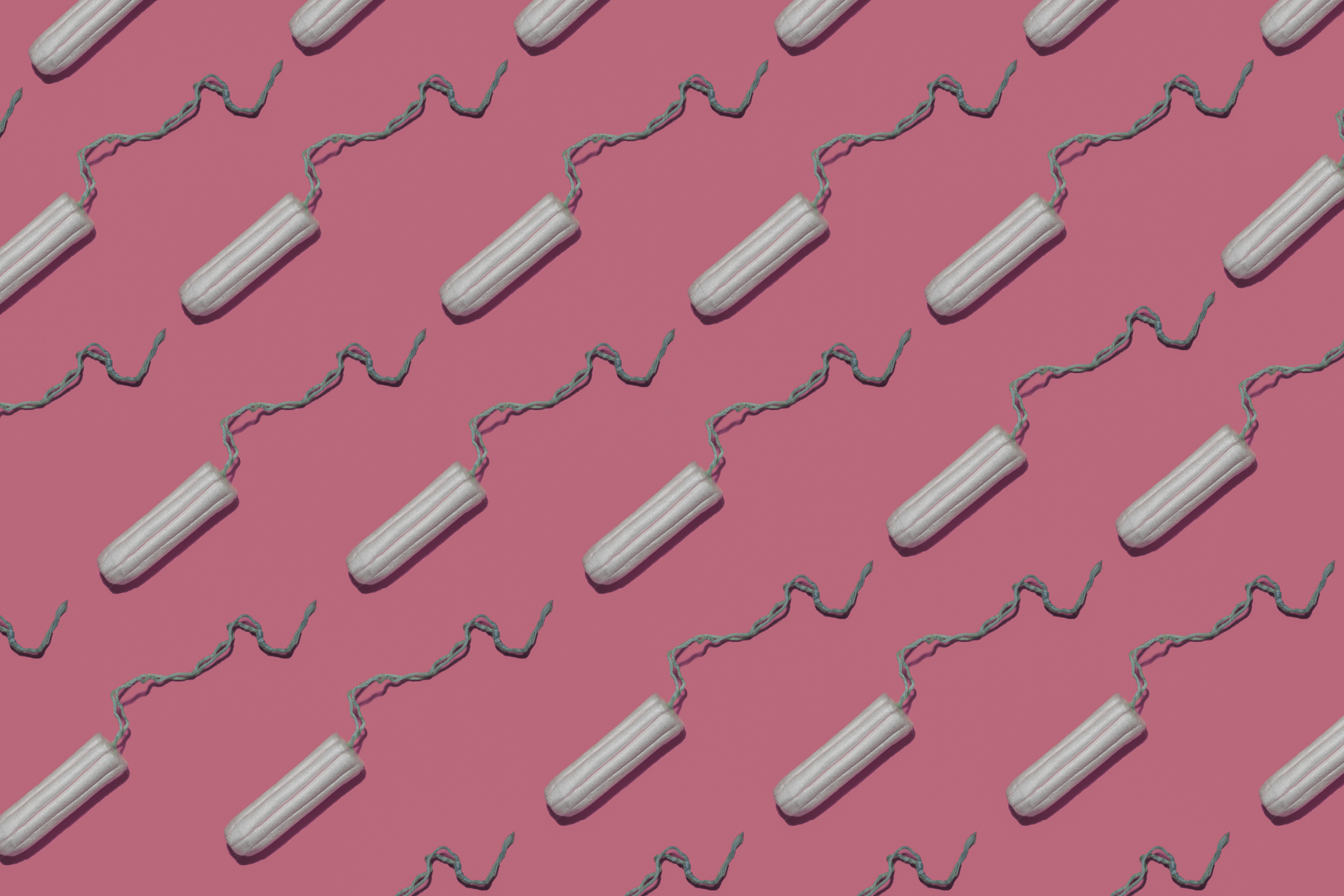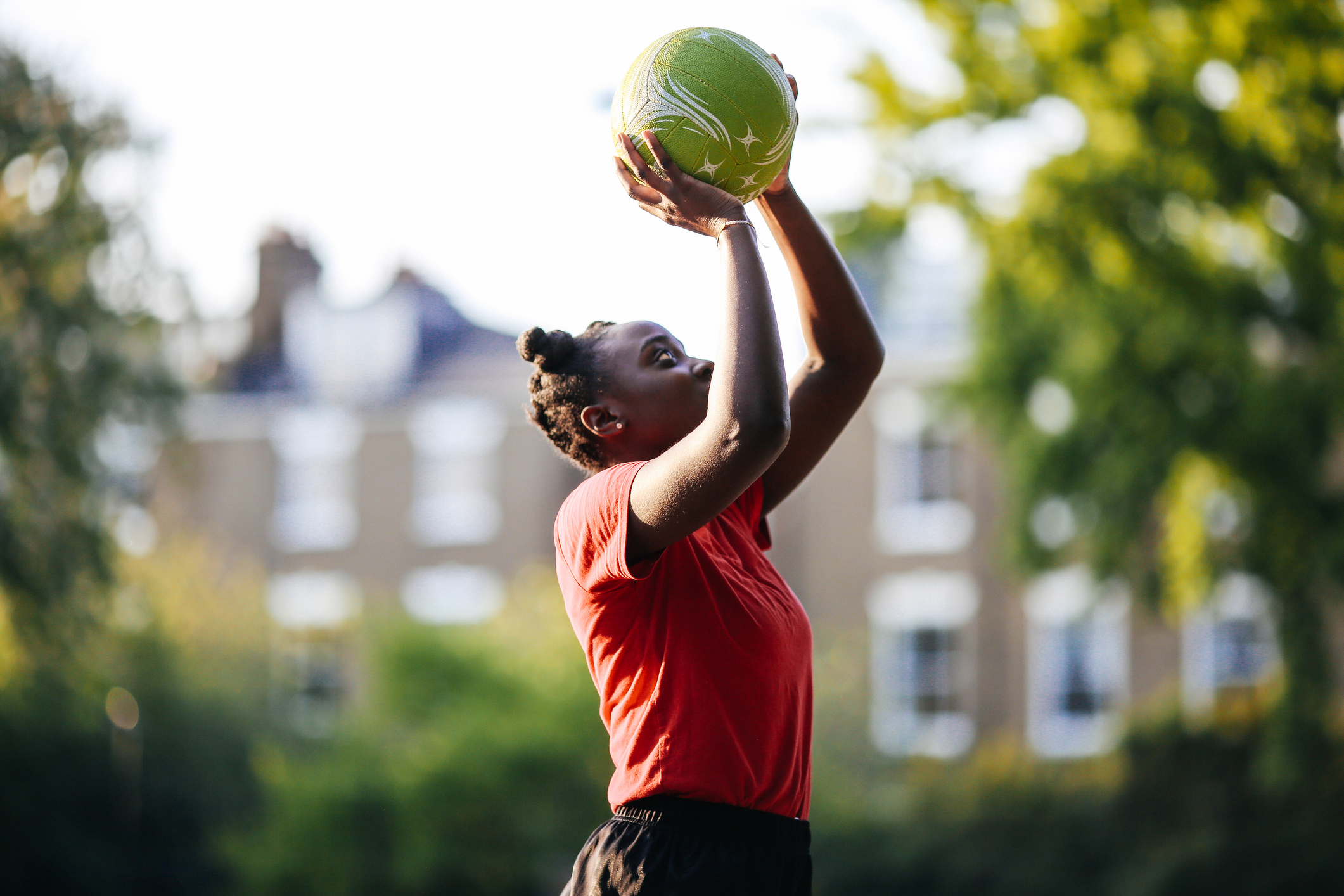
Celebrity news, beauty, fashion advice, and fascinating features, delivered straight to your inbox!
You are now subscribed
Your newsletter sign-up was successful
Let doctor Zoe Williams explain how they affect everything from your mood, to your energy levels, to your focus and more.
If you're doing your research on menstrual cycle phases, chances are, you've read up on period tracking and why sometimes it feels like your hormones go crazy and want to know a little more about exactly how you can utilise the power of your period.
Knowing how to track your cycle - and further, how it's normal to feel at certain times of the month - can be the ultimate way to win your period. With cycle care are on the rise, you might think people are learning more about their periods than ever - but, interestingly, one recent study by cycle care company FEWE, which has just launched this week, found that less than a third of those with a cycle could name one or two of the hormones.
"This highlights the need for education around this subject, shares FEWE ambassador doctor Zoe Williams, who believes that cycle care is the key to fully optimising our health and wellbeing. "Most of us don't consider our whole cycle and how planning in relation to it can benefit us. Looking after ourselves starts with understanding ourselves, and for people who have a menstrual cycle, our hormones contribute to how we feel, function and perform differently from week-to-week."
"Understanding our own pattern can help us to optimise our personal lives, work lives and know when best to take it easy," she adds.
Think timing that public speaking engagement, or trying to get your personal best in the gym when your hormones have you feeling at your most confident and indestructible - logging your TOTM can benefit all areas of your life.
But where to start? Keep reading for your ultimate guide to the menstrual cycle phases, with an extra breakdown on how to why tracking them is so important, too. Don't miss our guides to period pants, period cups, and how to use a tampon, while you're here.
Menstrual cycle phases: 4 to read up on
Williams points out that, first and fore-mostly, the most important thing to recognise is that you are all unique. Everyone's period will be different, and people will notice missed periods, experience heavier bleeds or even face irregular periods at different points.
Celebrity news, beauty, fashion advice, and fascinating features, delivered straight to your inbox!
Phase one: Menstruation
When? Roughly days one to seven
What's happening during this phase? The first phase of the menstrual cycle is - yep, you guessed it - menstruation, explains the doctor. "This is when the lining of the uterus is shed, so you usually bleed for between three to eight days," she shares.
During this time, the brain will be producing both gonadotropin-releasing hormones (GnRH) and follicle stimulating hormones (FSH), signalling to the ovaries that it's time to mature follicles. "These have potential to become eggs, and said developing follicles also signal oestrogen to be produced,"
How should you expect to feel? Your brain will more susceptible to pain and emotions can be heightened, too. On the upside, it's a good time for our brain to do focussed thinking, explains Williams.
Bottom line: The first phase may leave you feeling a bit groggy. Williams advises slowing down, resting and being gentle with yourself, and labels it as a good time for planning and thinking ahead.

Phase two: the follicluar phase
When? Roughly days eight to fourteen
What's happening during this phase? The follicular phase usually lasts from the end of menstruation until ovulation, around day eight to fourteen, explains Williams. "This phase is called follicular because it's when the follicles are developing. As one reaches maturity, the others start to die off, which signals the release of luteinising hormone," explains the doctor.
How should you expect to feel? All a bit technical for you? Don't worry - in short, this phase is when you'll feel at your best. "The hormones released during the follicular phase are likely to help us feel at our best," shares Williams. "Your skin and hair may seem to glow, your pain threshold may be higher, and psychologically, you may feel a boost of drive and confidence."
Bottom line: The follicular phase is a great time to push yourself during your favourite gym classes or tackle your hardest tasks of the month.

Phase three: Ovulation
When? Roughly days fifteen to twenty-one.
What's happening during this phase? During phase three, aka ovulation, your luteinising hormone and oestrogen peak and at their highest level. "As a result, an egg is released," explains Williams. Once the egg is released, these two hormones start to dip and progesterone rises.
How should you expect to feel? Expect to feel awake and alert, experience a higher sex drive and have an increased appetite, too. "You'll probably feel like you want to go out and party," shares the doctor.
Bottom line: While the start of ovulation is a party, do note that towards the end of this phase, your memory may feel be less focussed. "You might benefit from starting to wind down," shares Williams.
Phase four: Luteal phase
When? Roughly days 22 to 28.
What's happening during this phase? If pregnancy hasn't occurred, you'll enter the fourth phase, otherwise known as the premenstrual or luteal phase. "The body produces progesterone and levels of follicle stimulating hormone and luteinising hormone drop as they’re no longer needed," explains Williams.
How should you expect to feel? You’re more likely to feel the typical PMS symptoms (read up on its less common sister condition, PMDD, here). "This include headaches, menstrual migraines, bloating, breast pain, anxiety and low mood," shares Williams.
Expect everything to feel a bit grey and lifeless during this phase - your energy levels are likely to dip and if you’re not able to make time to yourself, you may feel feeling irritable and short-tempered.
Bottom line: This phase is a good time to opt for more restorative forms of exercise like yoga or pilates. "Don't overpack the diary, either; make sure to schedule in lots of self care ideas and me-time. Try reading a book, taking a long bath, or going for a hike in nature – whatever works for you," advises the doctor.
How can tracking my menstrual cycle phases benefit me?
Good question. In short, because making plans based on how you tend to feel and function at different times of the month, as different hormones fluctuate, can allow us to get more out of life professionally, personally and emotionally, shares the doctor.
"Anyone who has periods is likely to feel fluctuations in mood, energy, appetite and even pain tolerance throughout the month," she explains. "While there are also many other things that affect us, we can often identify a pattern that correlates with our menstrual cycle, as various different hormones have peaks and troughs at different times of the month."
Do note here: We are all different, and we feel the effects of these variations in hormone levels uniquely, but there are often common themes, such as feeling at our worst just before and during our period, and feeling at our best the week that follows.
Period tracking is not about changing our hormone levels, or even how they affect us, but getting to know our own rhythm and correlating our diaries to ensure that we utilise this variation in how we feel, to get the best out of each phase of our menstrual cycle. Got it?

Ally is Marie Claire UK's Senior Health and Sustainability Editor, a well-regarded wellness expert, ten-time marathoner, and Boston Qualifying runner.
Utilising her impressive skillset and exceptional quality of writing, she pens investigative, review and first-person pieces that consistently demonstrate flair and originality.
As well as writing, Ally manages a team of freelancers, oversees all commissioning and strategy for her pillars, and spearheads the brand's annual Women in Sport covers, interviewing and shooting the likes of Mary Earps, Millie Bright, and Ilona Maher. Shortlisted for three BSMEs and winning one in 2022, Ally lives and breathes her verticals: her eye for a story and connections within the wellness sphere are unrivalled. Follow Ally on Instagram for more.
